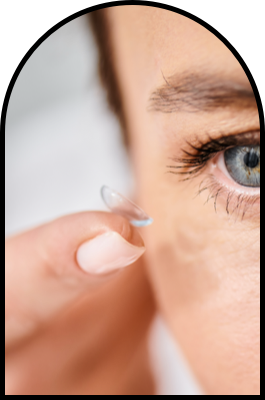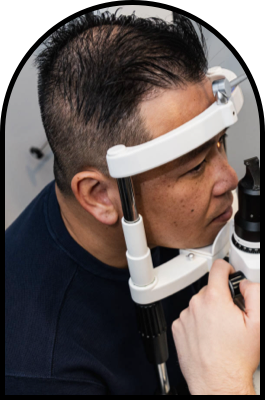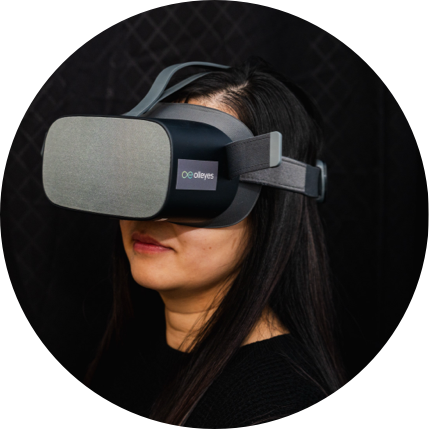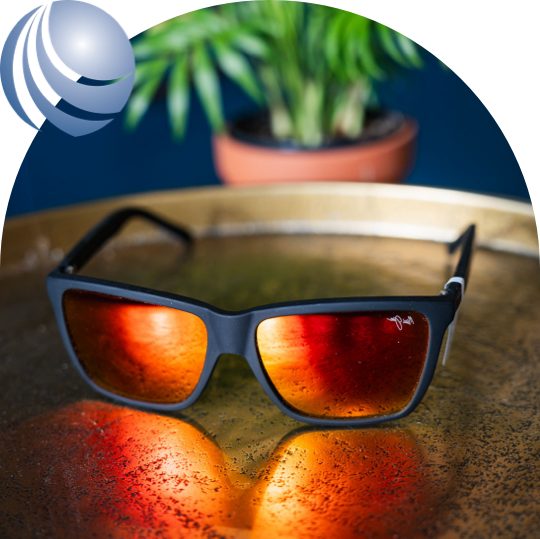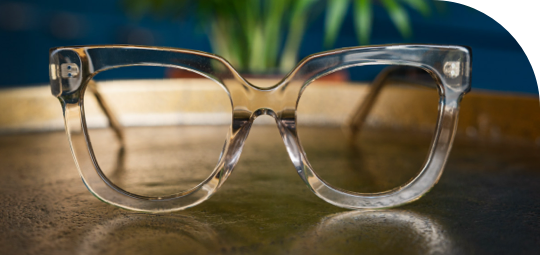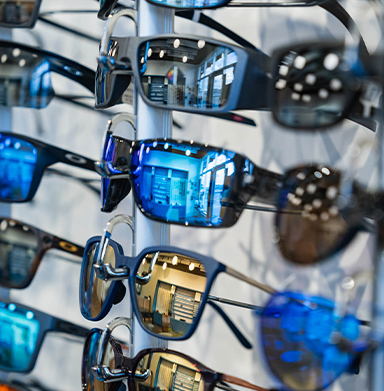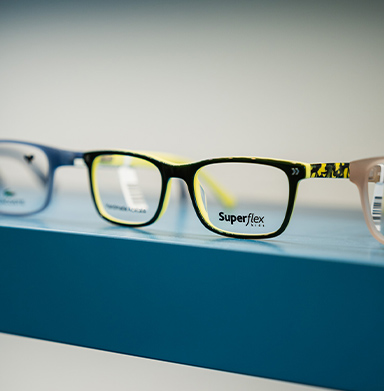A large number of Canadians are regularly dealing with the uncomfortable symptoms of dry eye. Not only can dry eye cause blurriness, but it can also cause a range of symptoms, including feeling like something is in your eye, red eyes, stinging or burning sensations, and excessive tearing.
Some dry eye symptoms, such as redness or excessive tearing, could also be a sign of allergies or another underlying condition. If you have persistent symptoms that do not resolve with over-the-counter (OTC) treatments like lubricating eye drops or a warm compress, you should see your eye doctor for a checkup. That way, they can rule out other concerns and potentially offer an effective treatment for your symptoms.
What Is Dry Eye?
Dry eye is a condition where your eyes do not make enough tears, or the tears evaporate too quickly. Experts estimate that approximately 30% of Canadians deal with the symptoms associated with dry eye.
Causes of Dry Eye
Several factors can contribute to dry eye, including aging, certain medical conditions, and environmental factors, such as exposure to wind, smoke, and dry air.
There are 2 primary types of dry eye: aqueous-deficient dry eye (ADDE), which causes inadequate tear production, and evaporative dry eye (EDE), which causes tears to evaporate prematurely.
Inadequate Tear Production
Simply put, ADDE happens when the tear glands do not produce enough tears to keep your eyes properly lubricated. Sjögren’s disease is an autoimmune condition that can cause ADDE, along with decreased saliva production. Age is another common cause for this form of dry eye disease if it is unrelated to Sjögren’s disease.
Other potential causes for ADDE include not getting enough vitamin A and omega-3s in your diet, complications from an eye injury, being in dry environments, and not blinking often enough.
Increased Tear Evaporation
The tear film is a mixture of water, oil, and mucous. EDE symptoms can be the result of an imbalance of these ingredients. Meibomian gland dysfunction (MGD) is the most common cause of EDE.
Aside from MGD, there are some other potential causes for EDE:
- Extended contact lens wear
- Certain medications
- Eye allergies
- Vitamin A deficiency
- Eye injuries
- Eye surgery
Blurry Vision & Dry Eyes
Blurry vision can have several different causes. One common cause for persistent blurry vision could be a refractive error like nearsightedness or farsightedness. But if the blurriness in your vision clears when you blink, it could be the result of dry eye, especially if you have other symptoms related to dry eye.
Other Symptoms of Dry Eye
The symptoms of dry eye can vary based on the cause of the condition. They can also vary in intensity based on the severity of each case. Some common symptoms in addition to potentially blurry vision include:
- Eye redness
- Stinging or burning
- Feeling like there is something in your eye
- Excessive watering, which is the body’s way of overcompensating for the lack of eye lubrication
- Difficulty wearing contact lenses
- Trouble with nighttime driving
Common Dry Eye Treatments
There is not a one-size-fits-all dry eye treatment because it varies based on the cause of the condition and which symptoms are present.
Some common OTC treatments and home remedies include:
- Lubricating eye drops—use preservative-free eyedrops for regular use to avoid potential irritation from the additives
- Warm compresses
- Omega-3 or vitamin A supplements
- Eyelid cleansers
Some in-office treatments include:
- Prescription eye drops to induce tear production or reduce inflammation
- Punctal plugs
- Intense pulsed light (IPL) therapy
Preventing Dry Eye
One way you can prevent dry eye symptoms is by seeing your eye doctor for regular eye exams. This gives them a chance to detect problems that could potentially lead to dry eye symptoms and treat them preemptively.
Other prevention tips include sleeping with a humidifier in your room, adjusting environmental factors like air conditioning and heating, and managing underlying conditions that could cause dry eye symptoms.

Discuss Your Symptoms with Your Eye Doctor
Sometimes, it can feel impossible to avoid dry eye symptoms, especially at certain times of the year, like during our dry, cold winters in Alberta. Many times, following recommendations like using a lubricating eye drop and keeping your room humid at night can be enough to fight off uncomfortable dry eye symptoms.If you are experiencing persistent symptoms that will not let up, book an appointment with your eye doctor. Contact us at Chestermere Optometry to book an exam with Dr. Jennifer Sanchez. She can examine your eyes to determine the underlying cause of your symptoms, then recommend a treatment to get your eyes feeling great again.




